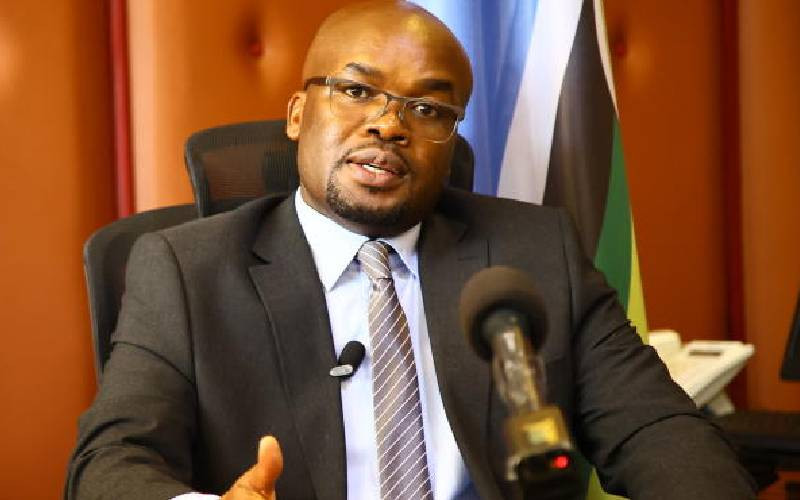×
The Standard e-Paper
Fearless, Trusted News

He does not have the abrasiveness of many of his predecessors and hardly ever tries to look or sound tough. Interior Principal Secretary Raymond Omollo has a calmness that some would find reassuring.
It is for that reason that Omollo sounds believable when he says the country is safer now than last year when he assumed office at Harambee House.